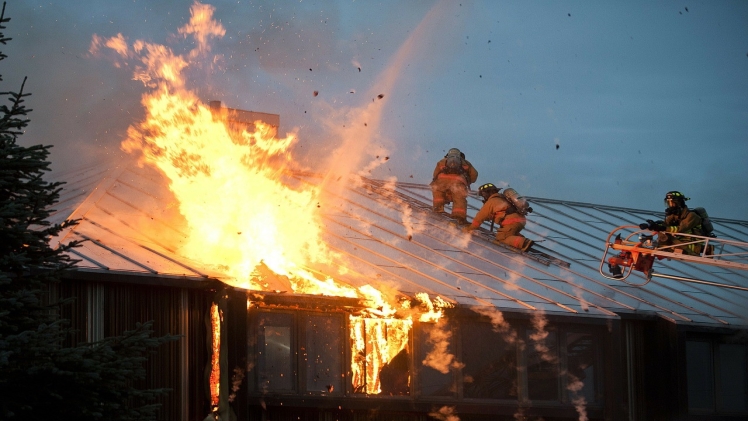According to the fire service in New South Wales, electrical appliances now account for four in every ten residential fire emergencies. Therefore, it’s important to be aware of the common causes so that you can prevent them from affecting your own home and life.
Outdated/Faulty Wiring
Unfortunately, many fires in homes are still caused by either faulty or outdated wiring. These days, every family home has several computers, TVs, devices being charged, and various other electrical demands. When this family lives in an older property, the electrical system may not have the capabilities to keep up with demand.
The older the house, the older the electrical system (if it hasn’t been improved since). While houses in the 1980s were built for appliances and maybe the odd TV, they cannot keep up with the electrical demands that society places on them today.
As the homeowners overload the electrical system, the wiring doesn’t have the right protection, and you’ll see a degradation of insulation and various other parts. Warning signs include blackening plug points, burnt light switches, and charred fixtures. If you don’t act on these warnings, the chance of experiencing an electrical fire continually increases.
Incorrect Light Bulbs
It might sound simple but putting the wrong lightbulb into a light fixture is the same as putting diesel in a petrol-powered car – it causes damage and stops working. With the light bulb drawing too much power, the fixture can overheat and cause a fire. With this in mind, make sure you have the right light bulbs for the fittings around the home.
Faulty Light Switches
If you’ve just moved into a new home and find that the switches don’t work too well, this could be a problem with the wiring. The longer you leave it, the more likely it is to transform into a much bigger problem. Therefore, hire an experienced electrician from Hillarys and allow them to look over the problem.
Overloaded Extension Cords
Sadly, bad habits also cause fires for homeowners. For example, one that has grown in recent years is overloading plug points and extension cords. When you use an extension cable, you should only use the number of slots available in the extension cable. For example, it might provide an extra three sockets.
In other words, you should never place an extension cable into an extension cable. A plug point was originally designed to take one appliance, and we’re pushing the limits by using extension cables. Therefore, you’re really pushing your luck by plugging seven different things into the same point in the wall.
If you’re going to use extension cables, try to get one with individual switches for each socket and turn off any plugs that aren’t in use. This way, you prevent overloading a single point and causing a house fire.
Other Common Causes of Electrical Fires
Elsewhere, it could be that a circuit breaker is tripping or that the electrical supply surges. While your home can survive the odd surge, problems start to arise when it happens frequently. Furthermore, a faulty RCD switch can also cause issues because this is the feature designed to prevent both fires and electrocution.
If you want to prevent an electrical fire in your home, make sure you follow the advice in this guide. Also, make sure you test and tag all of the appliances in your home. If you identify a problem, you can get the appliance repaired by professionals like denver electricians, or replaced before it has a chance to cause bigger problems.
Visit the site : Pii-email

